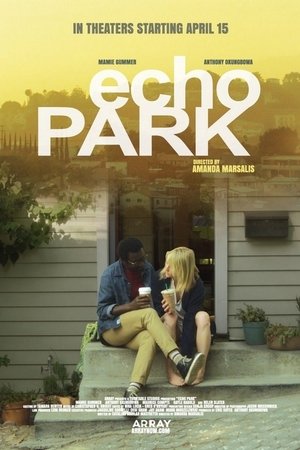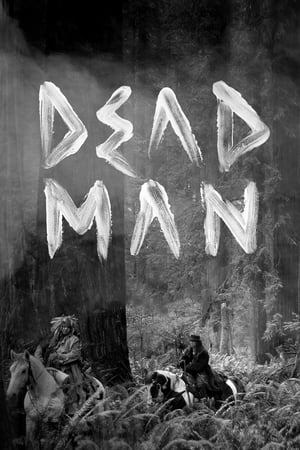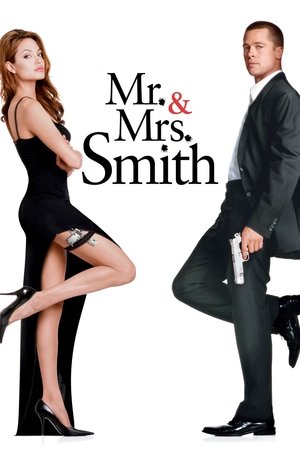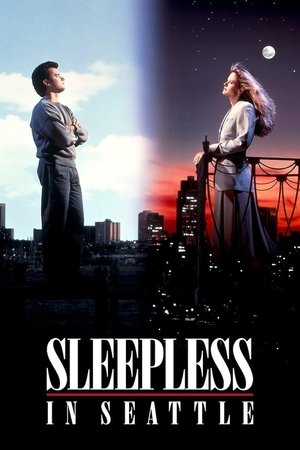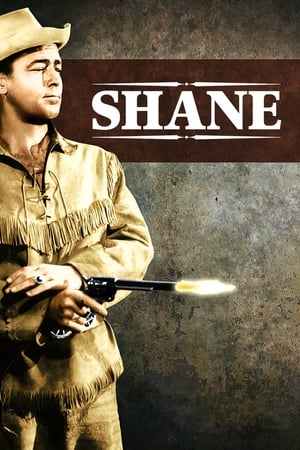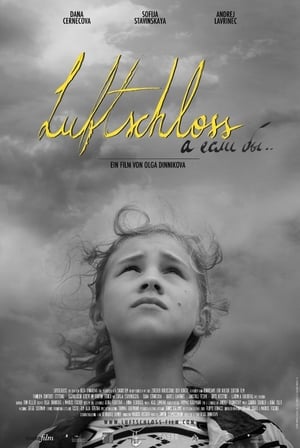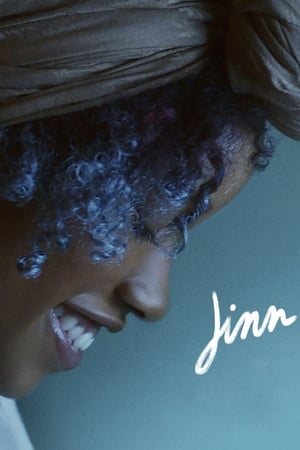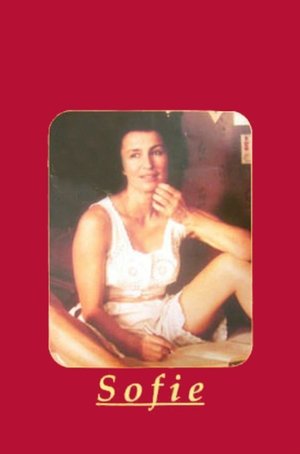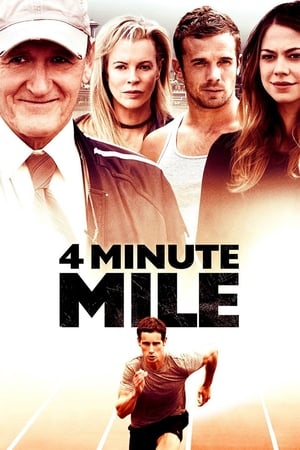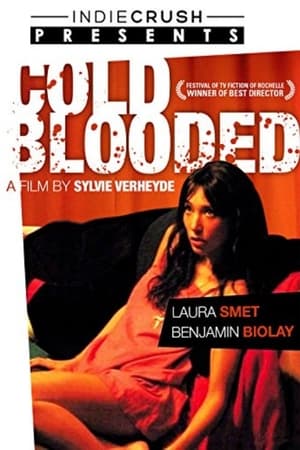Overview
After being thrown out of her home, a young woman decides to disguise herself as a man to survive the ruthless Wild West.
Reviews
Before watching this, do not make the mistake of lumping this film in with crossdressing comedies like "Tootsie" and "Mrs. Doubtfire." While based on a true story, director Greenwald sidesteps many western, and Hollywood, conventions to bring one of the best westerns of the 1990's. Suzy Amis plays Jo, a woman who is a little too trusting of some bad men. After escaping to the west and leaving her born-out-of-wedlock son behind, she is almost assaulted by two soldiers. To hide from them, she wears men's clothing and scars her face, eventually using her new facade to get what she needs to survive. Woman hater Percy (Ian McKellen) takes her in, believing she is a young man. She eventually befriends Frank (Bo Hopkins), who had his best role in years, and starts a sheep ranch. She falls in love with Tin Man, a Chinese man (David Chung) she was forced to hire as her cook, and must eventually do battle with a cattle conglomerate trying to get a foothold and driving the sheep ranchers out.
Amis resembles Eric Stoltz in her scenes as a man, and is totally believable. McKellan and Rene Auberjonois have small but pivotal roles as older father figures who Amis trusts, but eventually turn on her. Bo Hopkins is great as the neighbor Amis tolerates, befriends, and tolerates. Chung plays Tin Man as an ailing, opium-addicted, flawed man- he looks perfect for the part, life scars and all. Heather Graham also has a small part as Amis' paramour Mary Addie, and does her best with it. The most surprising aspects of this film is what the film is not. There are no cute "Yentl" scenes, where Jo falls in love with a man as a man. The cattle company war, a standard western plot point, never overwhelms the story, or comes to a trite conclusion. The final scenes, with Jo's unmasking, seem almost like farce, but when thought about later, play very truthfully and touchingly, especially Frank's reaction. Greenwald's camera turns a small film into an epic, with gorgeous Montana scenery. Her script is also very smart, never going for cheap laughs or the kind of exploitation that another director may have gone for. I strongly recommend "The Ballad of Little Jo."

 121 min
121 min
 5.8
5.8
 1993
1993
 USA
USA
 tmdb76622195 wrote:
tmdb76622195 wrote: